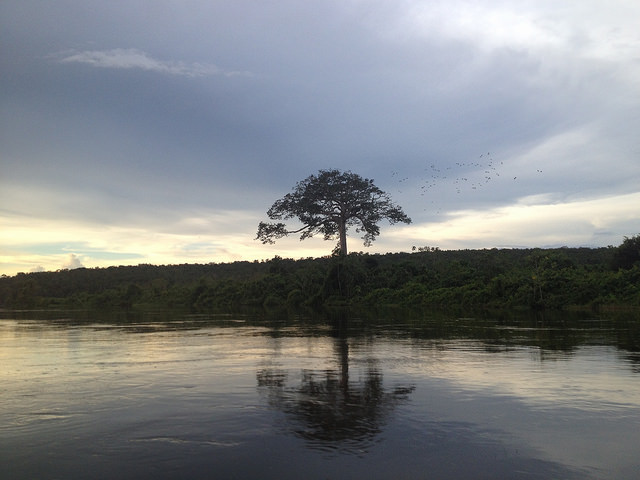There’s lots of talk recently about the wealth of Jeff Bezos. There are maps comparing his wealth to entire countries, a “You are Jeff Bezos” game where you can spend his money on different things - like paying their fair-share of taxes, and a graphic that puts his wealth in perspective. A recurring point is that most people simply cannot fathom the amount of money he has. The number is $150 billion. My favorite attempt to bring the number into human terms is Quartz’s article, “The average US worker would need 10 times the length of all human history to earn as much as Jeff Bezos”. This beautifully captures the point that someone does not simply earn or work for such an amount of money, but rather captures it. We, at degrowth.info, thought a similar calculation would be interesting. We wanted to know how many humble (but hopefully useful) projects like ours Jeff Bezos’ wealth could pay for. In case you haven’t heard already, degrowth.info is improving its site to better support the degrowth community and improve the usability of the platform – this will cost 7,500€.

My colleagues and I wrote an initial blog post arguing that the question of strategy has received too little attention in the degrowth movement, and by degrowth scholars. Further, we observed that the discourse on strategy in degrowth was excessively plural, being open to all strategies in all contexts, rather than considering case-appropriateness (spatially, temporally, sectorally etc.). Th...

If you've ever dreamt of the good life for all based on everybody's individual skills and needs, free from domination and in mutual appreciation and cooperation, you've got the chance now to help make this dream come true: from 21 to 25 June around 1000 people will be getting together in Mecklenburg-Vorpommern, North-East Germany, to "design the future, de-grow growth and live utopia" in a ...

By Lasse Thiele The first part of this article offered an introduction to post-development thought, which for decades has been trying to deconstruct Western models of prosperity and growth. This second part introduces some of the countless linkages between critiques of development and contemporary European critiques of growth. The discourse on sufficiency for example - the idea of recognizing...